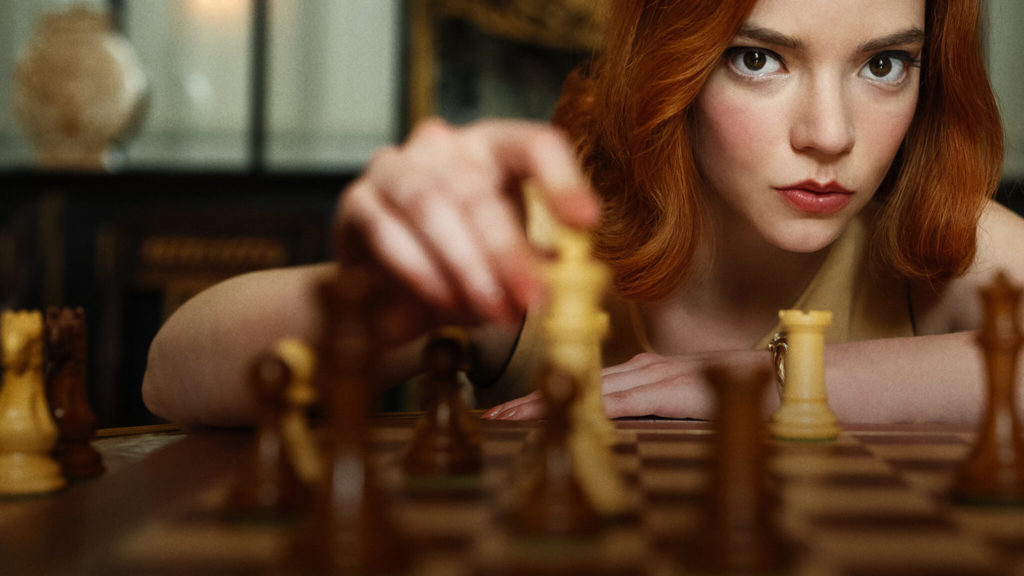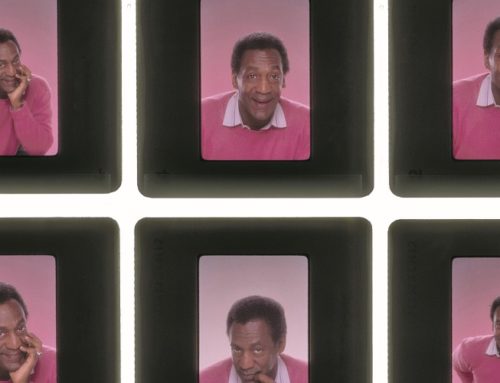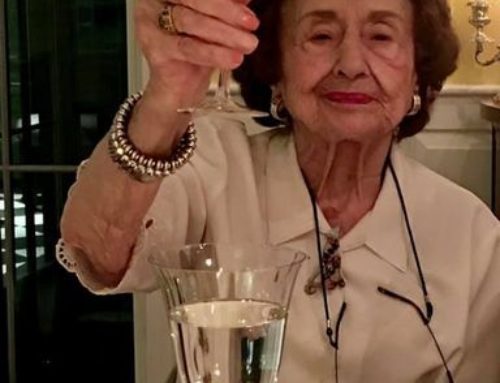As part of Women’s History Month–I was honored to once again participate in WOMEN WRITERS WEEK at RogerEbert.com. Check out all the terrific articles there by women writers, and read mine below, reposted with a few new edits. Enjoy!
It is surely among the finest series ever produced for TV and also among the most unlikely in a pop cultural landscape littered with superheroes and cheesy reality shows. THE QUEEN’S GAMBIT, based on a book by Walter Tevis, is about a female chess prodigy. As a woman in a man’s world, in a man’s game, who becomes a player– in fact, THE player–she has much to tell us.
The series and its star has just won a pair of Golden Globes, has caused global chess sales and interest among women to skyrocket, and prompted at least one supermodel, Gigi Hadid, to dye her hair red like its protagonist. That “The Queen’s Gambit” has struck a particular chord with women is no surprise. The series is anchored by a stunning central performance by Anya Taylor-Joy sleekly outfitted like a chess piece herself. She’s Elizabeth Harmon, luminous, brilliant, & complex, moving across the board and her life on her wits and style, her skill at the game grounding her as she triumphs over sexism in the middle of the cold war. Beth becomes the queen of her life and her gambit has paid off.
It’s a work of fiction, but like all well-told tales, it’s embedded with universal truths and tropes. This journey is set in the late 50’s and 60’s when stifled women on the cusp of “liberation” were emerging from their kitchens and tranquilizer-induced comas to be out in the world more fully alive. “The Queen’s Gambit” is literally the name of an opening play in a chess match involving sacrifice to gain advantage, specifically– control of the center. As the series title, it is also a marvelous metaphor employed by writer/director Scott Frank to great advantage. In fact it is the opening Beth chooses for her final match against the world champ and Russian King of the game Vasily Borgov (Marcin Dorocinski). But the Queen’s Gambit has been a consistent strategy in Beth’s trajectory all along, as she moves in ways that both cost her and give her traction. It begins with a sacrifice.
Nearly killed by her mother at the age of 9 in a suicidal car crash, Beth loses her mom, but ends up in an orphanage where she finds herself. Her next move is hers alone: she follows what moves her — a chess game in a dark basement. The game and the man playing it will save her life.
Despite his initial resistance to this little girl’s persistence, the janitor Mr. Shaibel (Bill Camp) opens the door and teaches her the game. His knowledge and openness to her talent and persistence align. Though at this point he is her teacher, chess– with its agreed-upon rules and emphasis on intellectual rather than physical strength–offers a level playing field on which to compete.
In other words, as a young woman coming of age in a man’s world, a world her mother found uninhabitable, this game offers her an equal chance to excel, to challenge her male opponents and their ideas of what her place is. She’s never put off even when the male vanguard makes it difficult. She believes she belongs in the game and never questions being entitled to a seat at the table with the big boys. That confidence is built on her self-knowledge and propelled by her love of the game. For Beth, “Chess isn’t always competitive. Chess can also be beautiful.”
As a woman, she is dragging even more baggage. Beth’s well-meaning caregivers have fed their orphaned charges tranquilizers “to even their dispositions.” It’s an iteration of the era’s approach to repressed 50’s housewives: doctors prescribed pills to calm jittery nerves. For Beth, this becomes a full-blown addiction and also a temporary advantage. Beth discovers that the drugs allow her to conjure chess games on her ceiling! The scenes are ingeniously shot as Beth visualizes winning moves on imaginary chessboards. Nevertheless, drug addiction and her eventual alcoholism are habits that put her talent and her goal at risk. It’s a long time before she can let go of what she thinks she needs in order to win, but which actually hold her back. Her mastery of the game and herself sober, will be her ultimate victory.
It is then that she strides across the park in the final scene, dressed in monochrome white from the top of her crown-like hat to the tip of her white boots, the queen of the board. She has just triumphed in a deeply respectful showdown on foreign soil with an opponent whose language she has taken the trouble to learn. The American queen has beaten the Russian king of the game. Borgov in defeat, yet smiling in admiration, embraces Beth’s hand.
That moment is exhilarating and perhaps a bit fantastical, but feels earned. While the series may have downplayed the sexism of the era and the chess world, Taylor-Joy’s intensity and focus make palpable the crushing psychological and emotional pressure of the game, especially for her as a woman, along with the discipline and mental acuity required to play it. She has done the work. And she has taken help when needed.
Beth’s friend from the orphanage Jolene (Moses Ingram) and the series’ only major Black character comes to her aid. This even more marginalized outsider’s willingness to put her own goals on hold in order to finance Beth’s gambit and to mount an 11th hour intervention speaks to the strength of the bonds of female friendship at the intersection of race and power.
As for all the defeated men who spontaneously team up to help Beth beat Borgov — is such humanity too much to imagine? Remember that Beth has experienced extraordinary intimacy with all of these opponents; she has studied them and they have studied her, even the romantic partners for whom she’s longed, and who have longed for her. I see a community of women and men allied in order to win. It will be more productive if men open the doors instead of waiting for women to knock them down. And if there aren’t enough seats at the table? Women can do what Shirley Chisholm recommended: “bring a folding chair.”
In the final scene, Beth is a solitary heroine, at the top of her game, with all of the pieces and people in her life whole and intact, but she is not alone. She walks toward the old Russian men in the park hunched over their chess boards–who then invite her to play! She has earned the respect of those, like Mr. Shaibel, whose skills she has drawn on and surpassed, yet they all love and honor the game which has secrets yet to be explored, together.
She couldn’t have arrived here without the biggest prize of all, self-respect born of self-knowledge. This self-possession has been the source of her strength from the beginning when she stood alone as a 9 year-old in a dark basement somehow knowing to follow her instincts. This sense of self ultimately draws us to Beth in any era. In the end, we are mesmerized by her wing-tipped, wide-set eyes as she scopes out the world, holding her center, contemplating her next move. This is the long game that she has won on and off the board. This is the Queen’s Gambit.






Leave A Comment
You must be logged in to post a comment.